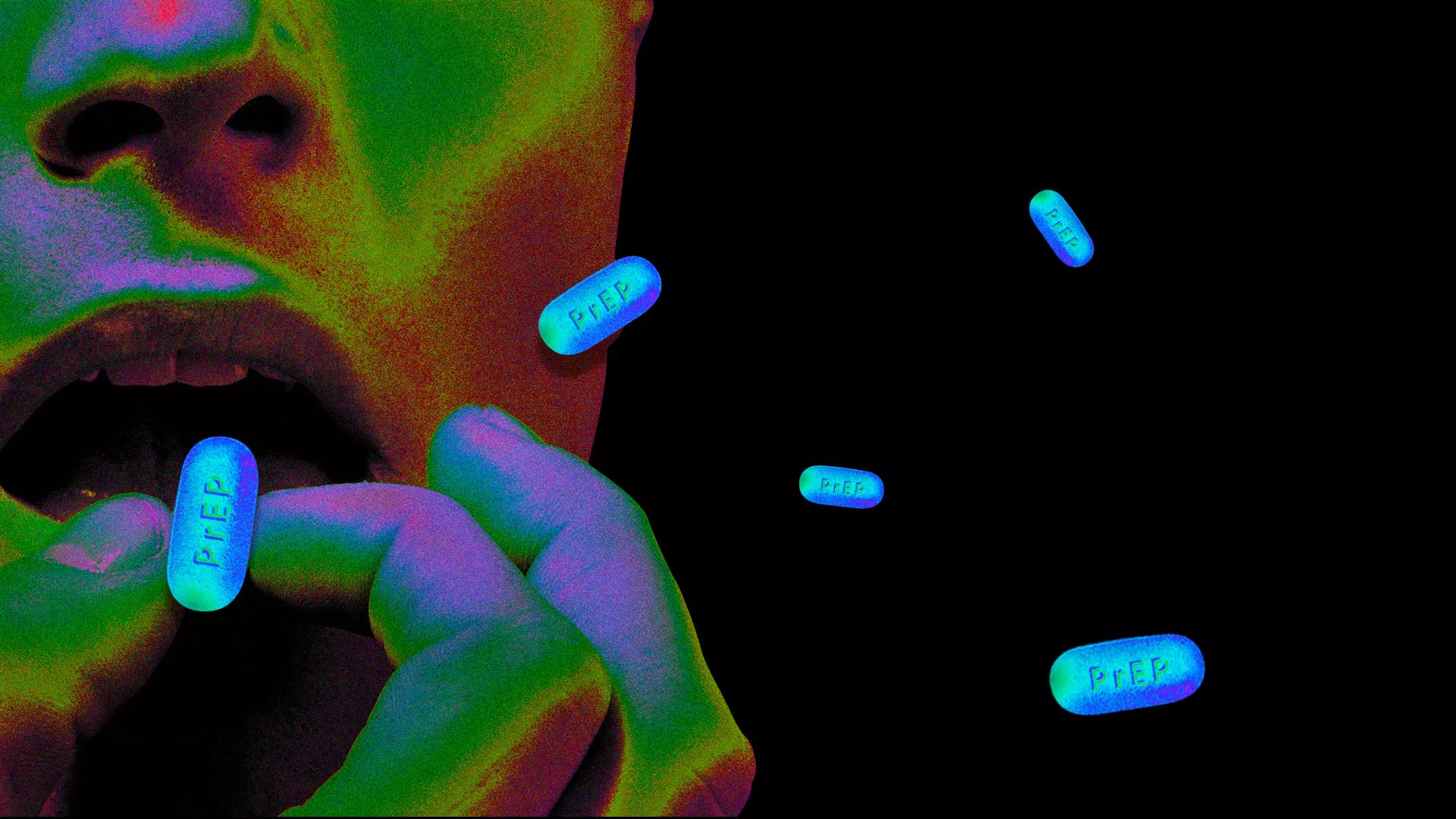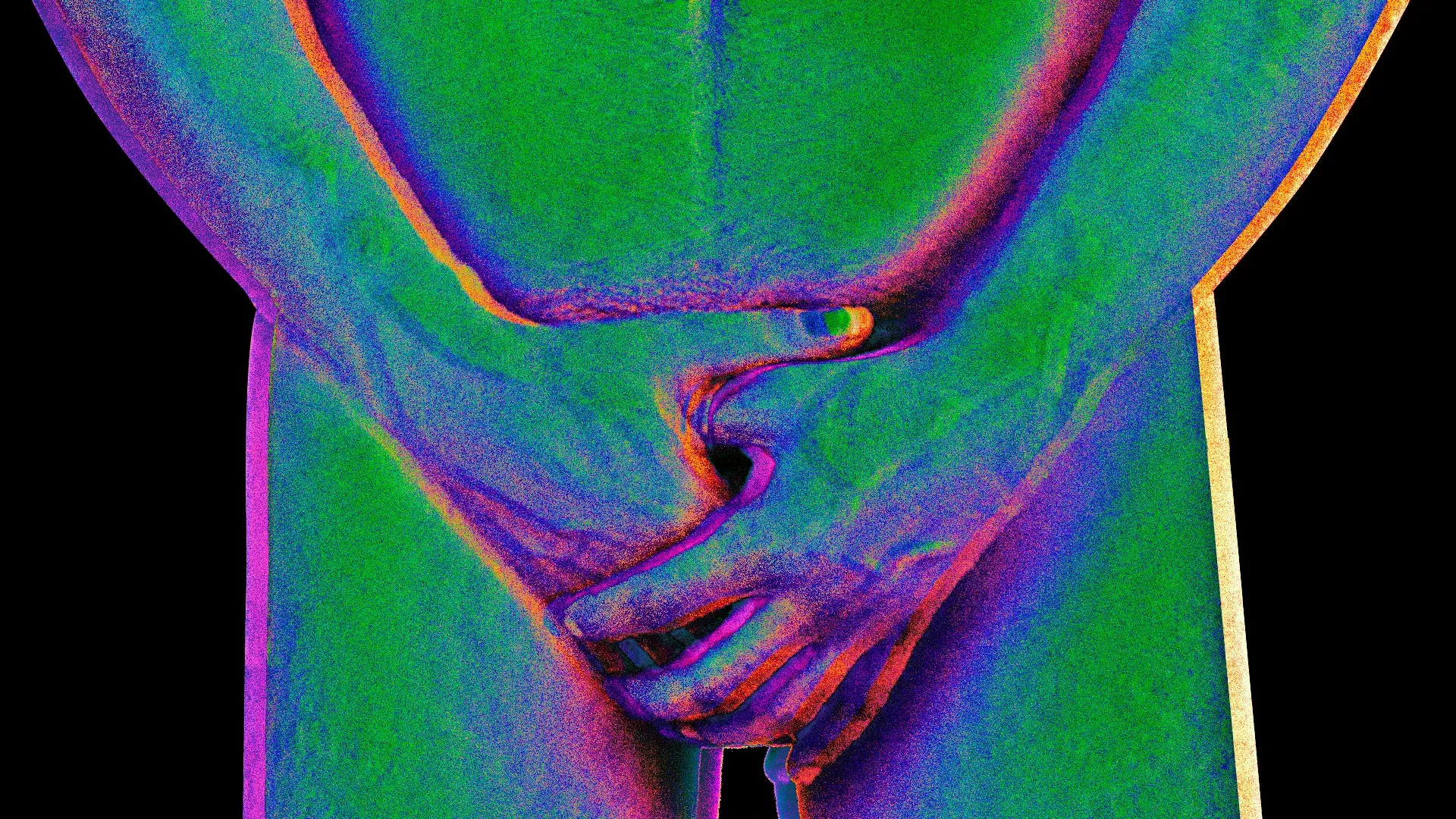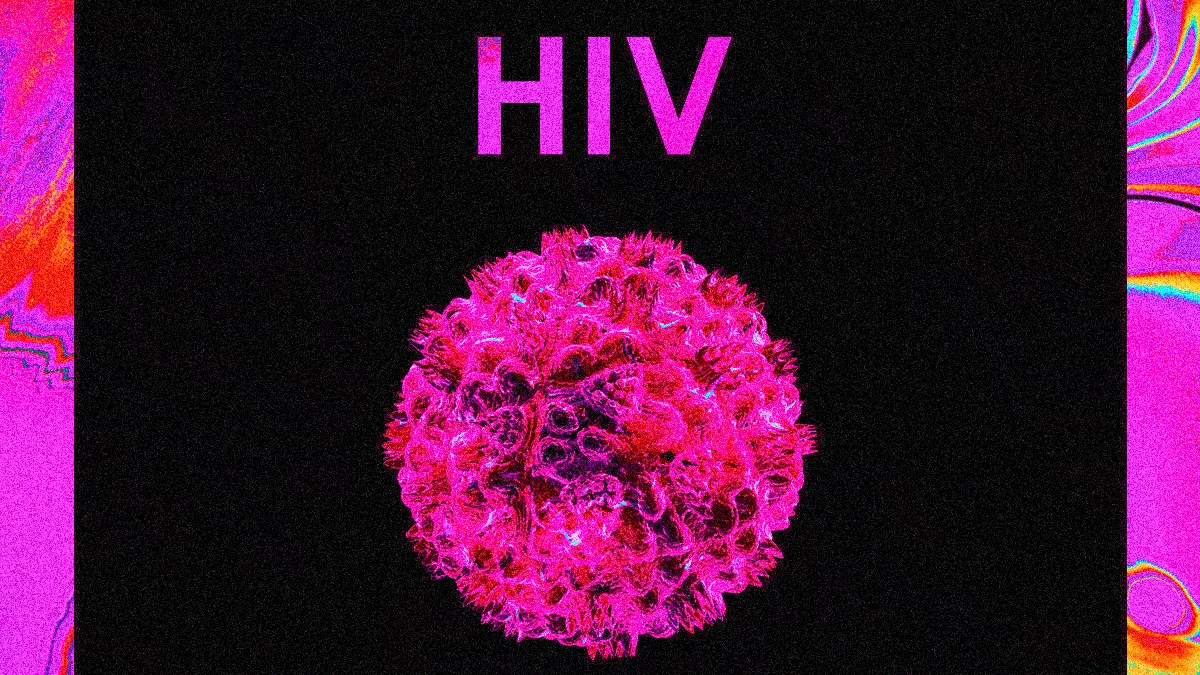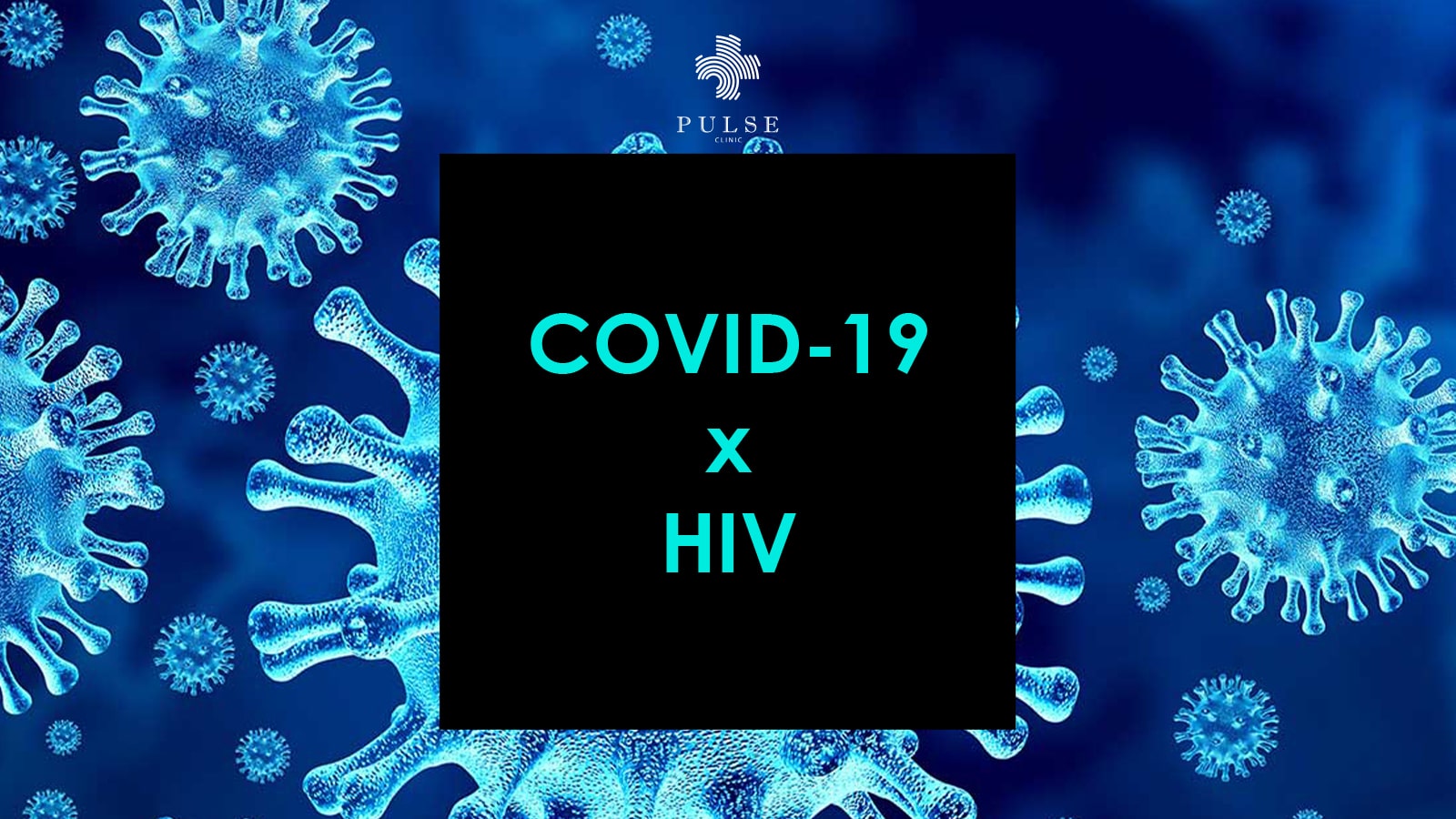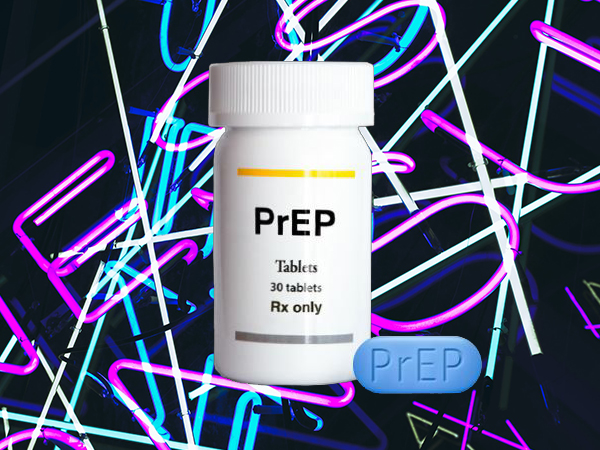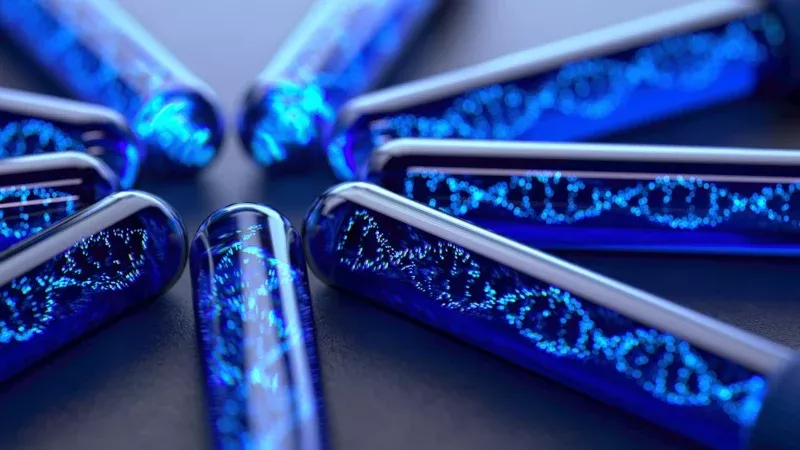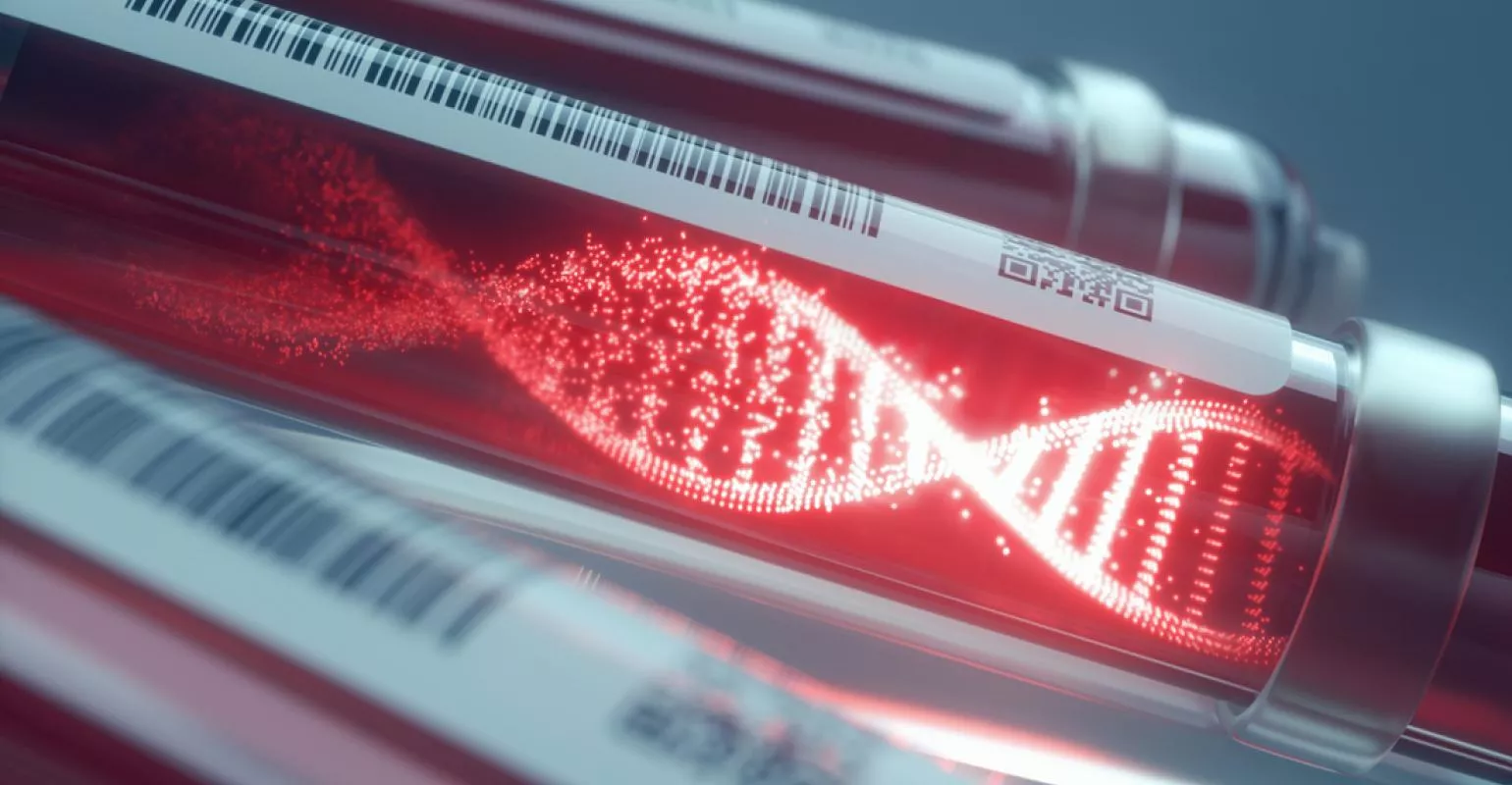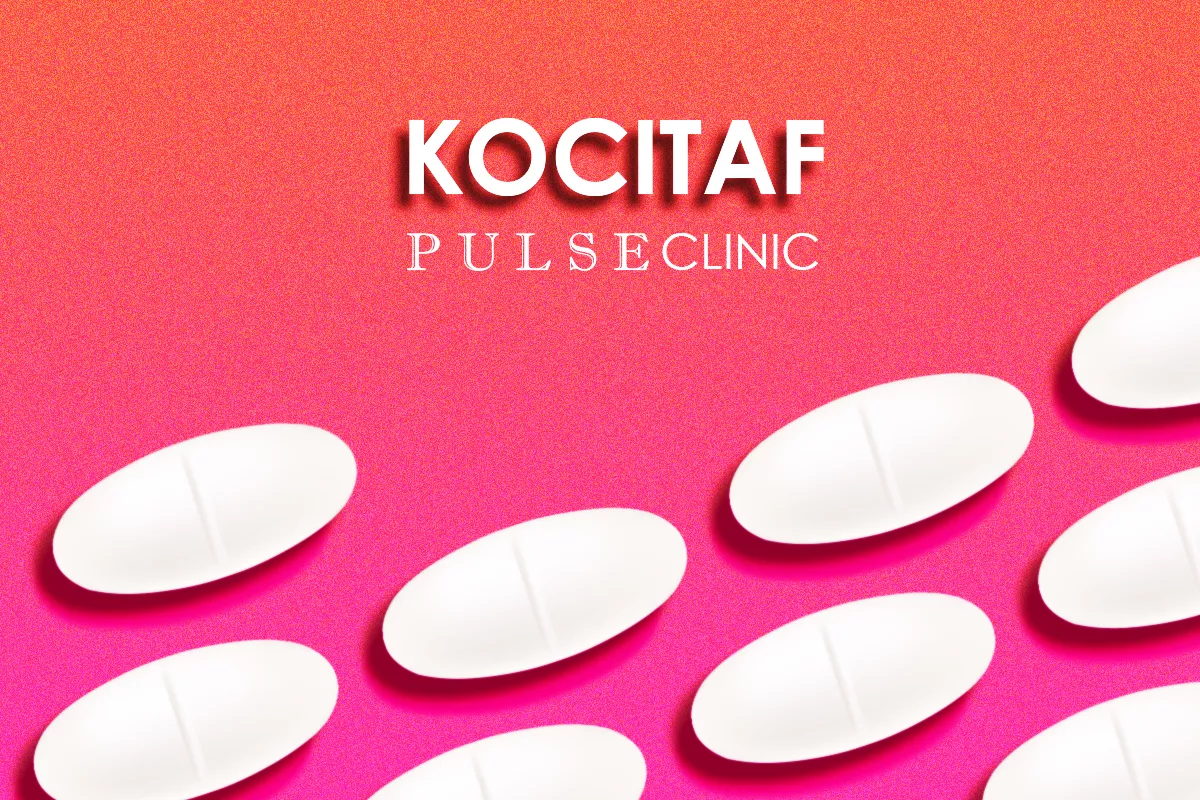Condom Broke - Get Emergency PEP in Bangkok, Chiang Mai, Koh Samui Pattaya Phuket, Thailand
27055
Condom broke, no worries, PULSE CLINIC is here to offer emergency prevention for you 7 days a week.

Dr.Deyn Natthakhet Yaemim (Founding Director) 6 June 2016, last updated 24 August 2022
Condom Broke - Get Emergency PEP in Bangkok, Chiang Mai, Koh Samui Pattaya Phuket, Thailand
Key Points
|
If you have had a high risk exposure to HIV in the last 72 hours, HIV PEP must be started within 72 hours after a possible exposure to HIV.
It is most effective when started within 24 hours, the sooner someone starts PEP the better prevention. Decades of knowledges and experience have shown that PEP can reduce HIV infection.
Factors that can increase the risk of HIV infection and you are a potential candidate for PEP due to:
- The partner is known to be HIV positive AND is not on treatment.
- Anal sex with penetration without condom
- Vaginal sex without condom
- Condom break
- Presence of blood
- Presence of cuts or ulcers
- You are not circumcised
- You have been exposed to potentially HIV infected body fluids
- Your exposure was less then 72 hours ago
- Partner of unknown HIV status who belong to higher risk HIV group (e.g. MSM or from africa or S.E.Asia)
- They penetrated you (Their penis, your arse) AND you don't know for sure whether they have HIV or not.
However, if you are unable to access PEP within the 72 hours, even if it has been up to 5-7 days since the exposure occurred, it is still worth seeking medical advice to see what your options are. This may include commencing a 3-drug combination of antiretroviral medications as soon as possible just in case you have become HIV positive. In this case, you would be starting very early treatment and minimising the damage to your immune system.
Please email us at info.bkk@pulse-clinic.com or chat with us on your preferred platform if you wish to get affordable and quality care and treatment
How Does Emergency PEP work?
It takes a few days for HIV to become established in the body following exposure. Once it is established you will have HIV for the rest of your life. However, if you begin taking PEP in time, the anti-HIV drugs will prevent the HIV (that's already in your body) from reproducing and it DIES out before it has a chance to multiply. PEP drugs given at this time may help the body’s immune system to stop the virus from replicating (multiplying) in the infected cells of the body. The cells originally infected would then die naturally within a short period of time without producing more copies of HIV.
Can Emergency PEP protect me 100%?
PEP is not a ‘cure’ for HIV. PEP may prevent HIV from entering cells in the body and so stop someone from getting HIV. PEP isn’t 100% effective. However, there have been very few reports of HIV infection after the use of PEP.
But if the HIV is already in the body, isn't it too late?
Not if you act quickly. After HIV gets in the bloodstream it takes some time before it permanently establishes itself in the body. If a person who has been exposed to HIV acts quickly to get PEP (within 72 hours) they stand a good chance of stopping the virus from establishing itself in their body.
So, if I take PEP I won't become HIV positive?
Research indicates that taking PEP makes infection with HIV a lot less likely. But PEP doesn’t work every time. Some people who take it still end up with HIV afterwards. When people taking PEP have acquired HIV, it can fail because:
- not starting PEP quickly enough
- the person doesn’t or isn’t able to take PEP as prescribed (every day for a month)
- missing doses of PEP or not finishing the 28-day course
- some anti-HIV drugs don’t work against some strains of HIV (HIV drug resistant, although this is rare)*
- the initial viral load (the amount of HIV) in the body was too great for the drugs to be effective**
- having unprotected sex or sharing needles, with further exposure to HIV, while taking PEP.
However, the sooner PEP treatment is begun after exposure to the virus, the more likely it is to work.
WHAT WOULD BE DONE WHEN RECEIVING EMERGENCY PEP AT PULSE CLINIC?
1. Consultation
2. Rapid screening for HIV, Hepatitis B virus with result in 15 minutes, accuracy 99.9%
3. Kidney function tests
4. PEP Medications
5. Test or treatment for possible sexually transmitted infections
WHAT HIV PEP DRUGS DO WE USE?
We use the latest gold standard PEP medicines with fewer side effects and better HIV prevention which will be taken for 28 days.
For adults: Tenofovir combined with either Tenofovir (TDF) and emtricitabine (FTC) as preferred backbone drugs and these are also the preferred drugs for treating HIV.
The recommended third drug, which is also recommended by WHO and CDC as a preferred drug for HIV treatment, will be chosen by your doctor.
There are some of our clients who do not understand when our doctors try to explain about HIV drug resistant. If you are unlucky and being exposed to such HIV, the classic PEP medications are not able to help you. That's why American CDC suggested on their PEP treatment guidelines that we should use a higher class of drugs that is less likely to be resisted by the HIV drug resistant type. These higher class medications are available at our clinics and they are costly. Much more expensive than the classic PEP medications generally used in low income countries. When our doctors prescribe this higher class PEP medications it is because they evaluate that your risk is very high and they are trying to keep the standard as high as American Center of Disease Control Guidelines for PEP treatment.
WHAT ELSE SHOULD BE DONE?
Your doctor might advice that you get treatment as prevention for possible gonorrhoea/chlamydia/syphilis after unprotected sex or sexual accident. We recommend PCR multiplex to detect 14 STDs available at PULSE CLINIC.
YOU DON'T NEED PEP IF...
- You are confident that your partner doesn't have HIV.
- The partner is HIV positive and on successful treatment (Known as ‘undetectable viral load')
- Human bites
- Another person's semen gets in your eye.
Trust PULSE CLINIC to take care of your health like other 45000 people from over 130 countries. We provide discreet professional service with high privacy. Here to help, not to judge.
WHAT WILL DOCTOR ASK ME?
The doctor will try to evaluate how likely it is you have actually been exposed to HIV before starting PEP treatment.
Questions will include what happened to make you think you’ve been exposed to HIV, what sort of sexual or injecting activity or partner is likely to be HIV-positive. We will ask you things like if you know whether the person has HIV (and if they are HIV-positive, if you know if they have an undetectable viral load), and in the case of a possible exposure through a sexual encounter, we will ask about things like: the kind of sex you had (e.g., anal, vaginal or oral sex); if you fucked them or they fucked you; if either of you came inside the other; and if there is anything else you are worried about.
It is important to be honest and accurate in providing this information – WE are there to help you, not to judge you.
and the information will help us to assess the seriousness of the situation.
The risk of getting HIV from oral sex is extremely low. PEP is not recommended after possible exposure to HIV through oral sex. The only exception would be following receptive oral sex from a partner known to have HIV and when the receptive partner has cuts or lesions such as ulcers in their mouth.
At PULSE CLINICS (every branches throughout Asia) we have seen this more than 4000 times before; you're not the first and not the last. The doctor won't judge, He/She will be very helpful and make you feel at ease. If you think you're at risk and need PEP, call us.
WHAT ARE THE HIV PEP SIDE EFFECTS?
With the new PEP drugs we use, side effects are very rare. Fewer than 1 in 100 of our patients actually develop any side effects.
Common side effects (<1%) include nausea, diarrhoea and feeling tired.
Rash and fever are uncommon (< 0.1%) side effects.
An Australian study reported on how many of their patients taking raltegravir and emtricitabine/tenofovir disoproxil as PEP reported side effects. The most common side effects were fatigue (37% of PEP users), diarrhoea (25%), nausea (24%), flatulence (24%), abdominal cramps (21%), bloating (16%), headache (15%), vivid dreams (15%), depression (10%) and thirst (10%).
However, the drugs used in PEP today are less likely to cause side effects than those used in the past. They are more tolerable and people find it easier to complete the 28-day course.
HOW CAN I REMEMBER TO TAKE MY PEP?
Here are a few tips that may help you remember to take PEP each day for the month:
- Set a daily alarm or reminder on your mobile phone to remind you to take your medications.
- Take your drugs at the same time each day (e.g., after breakfast, after dinner).
- Put your PEP drugs near something you use daily, as a reminder.
- Take your medications at the same time you brush your teeth – and place the medications near your toothbrush so you will notice them.
- Keep a post-it-note attached to your fridge or noticeboard with the letter ‘P’ on it; this will be a discreet reminder to you to take your drugs.
- If you are planning a big night out, carry enough of your PEP drugs to take in case you don’t make it home.
- Get someone you trust to remind you to take your medications.
TAKING OTHER DRUGS WHILE YOU ARE ON PEP
PEP can interact with other drugs (including other prescription drugs, supplements and vitamins) and change the way the PEP drugs work. Taking recreational drugs while on PEP can be risky. Recreational drugs can have severe side-effects in combination with some of the PEP drugs. Talk to the doctor or nurse who prescribes you PEP about any other prescription or recreational drugs you may be taking or planning to take. If you wish to take recreational drugs while on PEP, talk to the doctor who prescribed you PEP.
I HAVE COMPLETED MY 28 DAYS COURSE OF PEP, WHAT DO I DO NEXT?
Once you've finished the course of PEP, see your provider or come back to us to get tested for HIV, the doctor will evaluate your risks and might recommend you to start taking PrEP. You should get tested again 3 months after you have finished the PEP to confirm!
WEEKEND EMERGENCY PEP IN BANGKOK, PHUKET, KUALA LUMPUR, SINGAPORE, HONG KONG
PULSE CLINICS open 7 days a week, so you will be safe by us even though you have an exposure or sexual accident on the weekend. Just book an appointment with us or simply walk in at all our branches.
Estimated HIV transmission risk per exposure for specific activities and events
| Activity | Risk-per-exposure |
|---|---|
| Vaginal sex, female-to-male, studies in high-income countries | 0.04% (1:2380) |
| Vaginal sex, male-to-female, studies in high-income countries | 0.08% (1:1234) |
| Vaginal sex, female-to-male, studies in low-income countries | 0.38% (1:263) |
| Vaginal sex, male-to-female, studies in low-income countries | 0.30% (1:333) |
| Vaginal sex, source partner is asymptomatic | 0.07% (1:1428) |
| Vaginal sex, source partner has late-stage disease | 0.55% (1:180) |
| Receptive anal sex amongst gay men, partner unknown status | 0.27% (1:370) |
| Receptive anal sex amongst gay men, partner HIV positive | 0.82% (1:123) |
| Receptive anal sex with condom, gay men, partner unknown status | 0.18% (1:555) |
| Insertive anal sex, gay men, partner unknown status | 0.06% (1:1666) |
| Insertive anal sex with condom, gay men, partner unknown status | 0.04% (1:2500) |
| Receptive fellatio | Estimates range from 0.00% to 0.04% (1:2500) |
| Mother-to-child, mother takes at least two weeks antiretroviral therapy | 0.8% (1:125) |
| Mother-to-child, mother takes combination therapy, viral load below 50 | 0.1% (1:1000) |
| Injecting drug use | Estimates range from 0.63% (1:158) to 2.4% (1:41) |
| Needlestick injury, no other risk factors | 0.13% (1:769) |
| Blood transfusion with contaminated blood | 92.5% (9:10) |
Sources: vaginal sex;1 anal sex;2 fellatio;3 2 mother-to-child;4 other activities.5
References
1. Boily MC et al. Heterosexual risk of HIV-1 infection per sexual act: systematic review and meta-analysis of observational studies. Lancet Infect Dis 9(2): 118-129, 2009
2. Vittinghoff E et al. Per-contact risk of human immunodeficiency virus transmission between male sexual partners. American Journal of Epidemiology 150: 306-311, 1999
3. Del Romero J et al. Evaluating the risk of HIV transmission through unprotected orogenital sex. AIDS 16(9): 1296-1297, 2002
4. Townsend C et al. Low rates of mother-to-child transmission of HIV following effective pregnancy interventions in the United Kingdom and Ireland, 2000-2006. AIDS 22: 973-981, 2008
5. Baggaley RF et al. Risk of HIV-1 transmission for parenteral exposure and blood transfusion. AIDS 20: 805-812, 2006
Trust PULSE CLINIC to take care of your health like other 45000 people from over 130 countries. We provide discreet professional service with high privacy. Here to help, not to judge.
Loading...
Clinic Locations
Loading...


